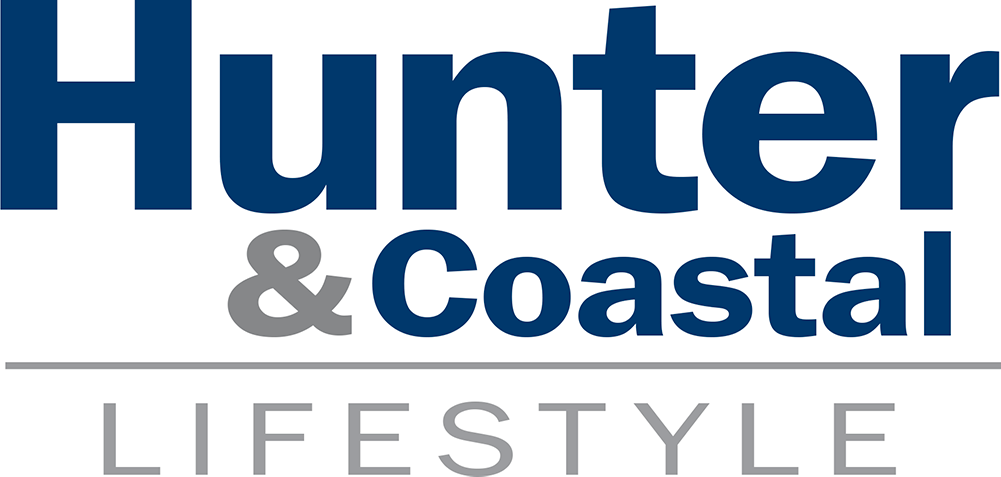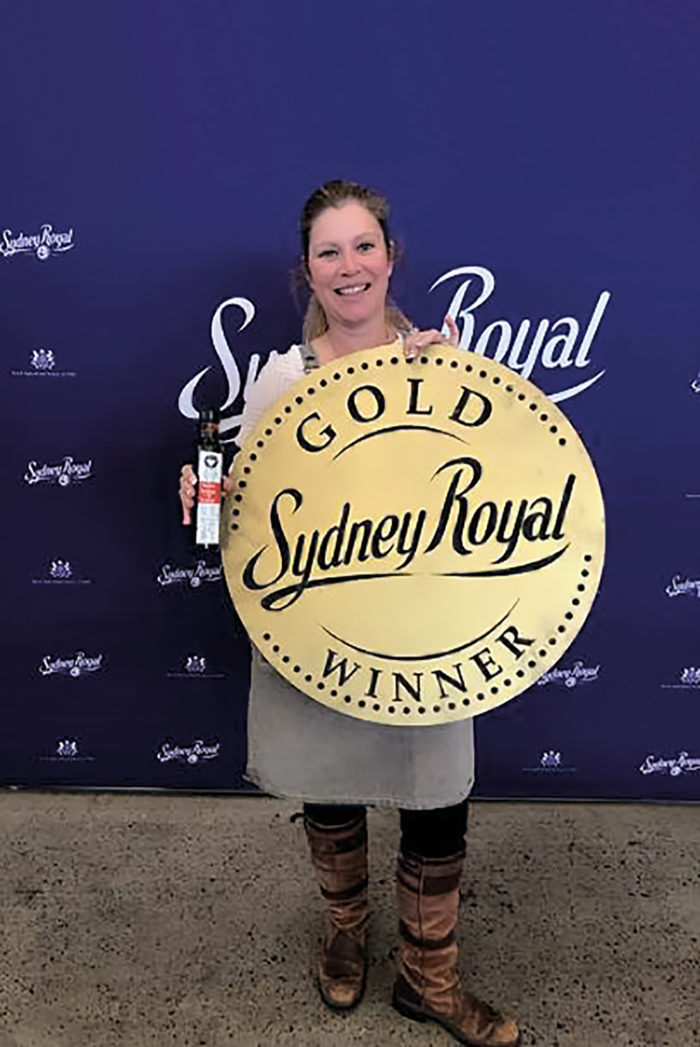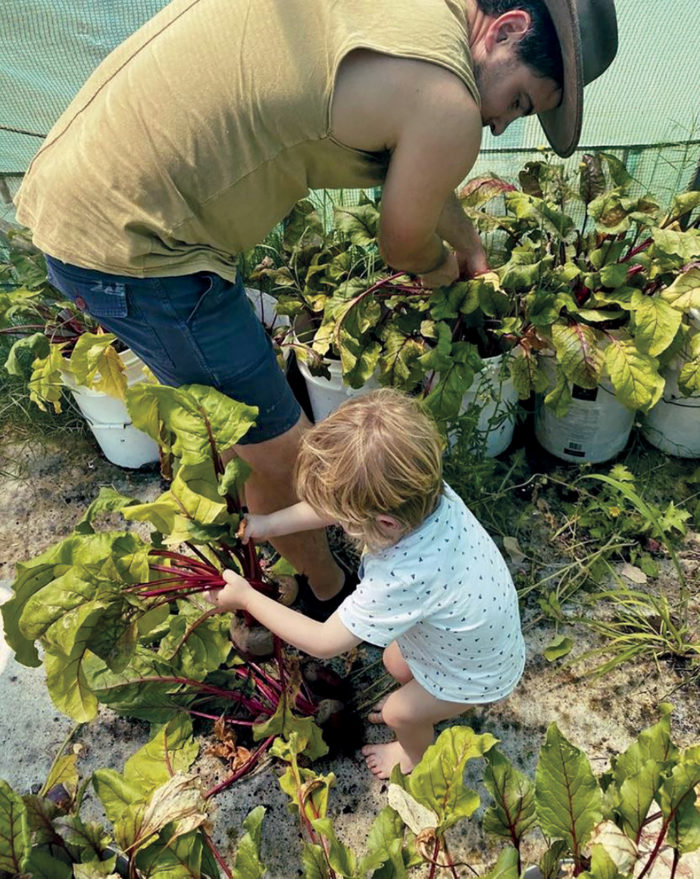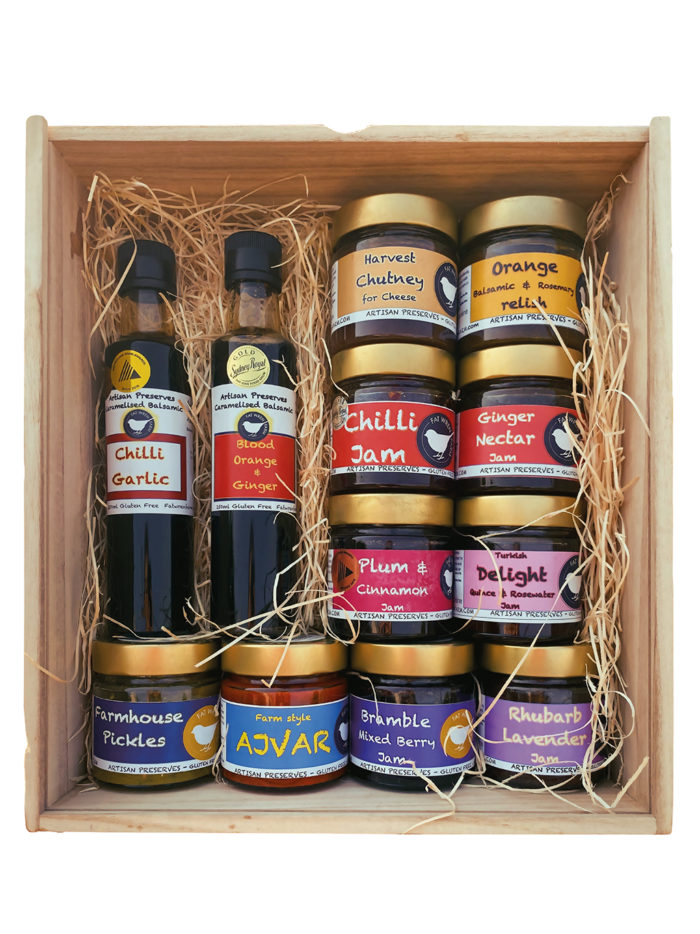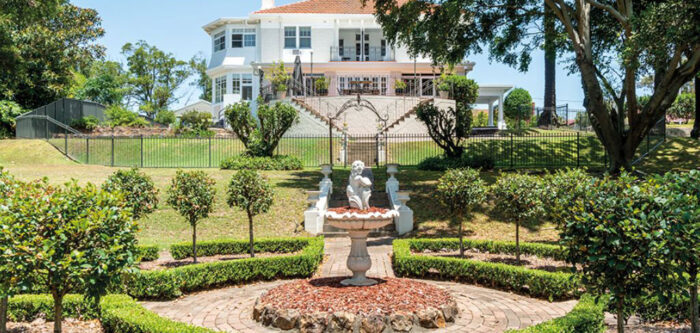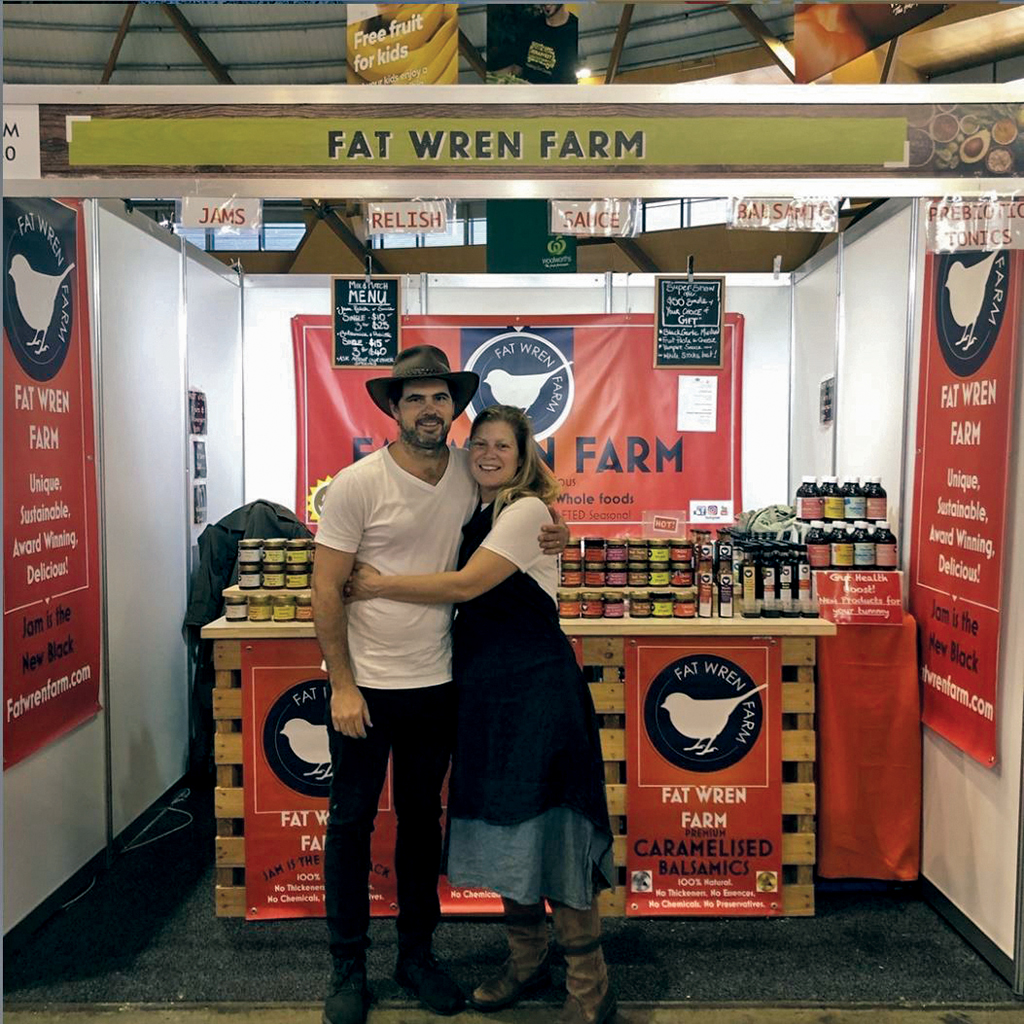
Waste not, want not.
A multiple award-winning preserves business with a sustainable heart.
Nothing ever goes to waste at Fat Wren Farm, home to Mel Morris, her partner Nick, son Leo and a flock of creatively named livestock. Mel Morris grew up on a yacht cruising around the South Pacific. “With lots of fish, but not much else, and definitely no gardens,” she says.
After living in confined quarters during most of her childhood, the luxury of space is something she relishes. But it has also taught her self-sufficiency and a no-waste attitude. “The rubbish you have on a boat stays on a boat and if you can, you recycle it into something else,” she explains.
So maybe it was only logical that she eventually moved to this former stud farm outside of Port Stephens and started Fat Wren Farm with her partner Nick. It’s a small family based business quietly achieving big things.
“I just fell in love with being here; the view, the freedom to plant a tree without needing anyone’s permission,” Mel says. “I didn’t really have much of a plan. But I knew I wanted to plant, and I knew I wanted chooks and livestock. We have Liam Hemsworth,” she chuckles pointing to a magnificent Sussex rooster. “We also have turkeys called Peanut Butter and Jelly. It’s a bit of a menagerie.
“After I moved here, I started growing vegetables, but before long we couldn’t eat them all, so I learnt the art of preserving. As a hobby I began to sell jams at the farmers markets and noticed that quite often, at the end of the day, unsold produce would be thrown in the bin. Such a shame and a waste.”
“I approached some of the other farmers and offered to buy any left-over fruit and veggies. I just couldn’t stand to see perfectly good produce go in the bin and that’s really how it all started. Now I’m getting calls from people who have produce growing in their backyards and we have developed some really great contacts within the farming communities stretching from the far north and as far south as Tassie. I love to support other Australian growers and there are some really interesting varietals being grown in Australia now.”
She still keeps her foraging hand in though. “I’ve just been kumquat picking at Raymond Terrace with Carol a lovely lady who rings me every couple of years and we go up and pick from her dad’s tree. Kumquats are really fiddly, with loads of seeds in them. It’s a two-day job to make kumquat marmalade. But even if I only get 15 to 20 jars, the effort for me is still very much worth it because I’ve saved something in a little jar that you get to eat that would otherwise have been lost.
“I also get offered a lot of seconds, fruit or veg that don’t meet the criteria for the supermarket. Like cherries with little marks or hail damage, straight bananas or mangoes as big as your head because people won’t buy them that big.”
She estimates that only 15-20% of any harvest is deemed looking perfect enough for sale at supermarkets. And then there’s crops that have become unusable for their original purpose.
“I got 300kg of Hunter Valley Muscat grapes with smoke taint from the bush fires last year which couldn’t be used for Muscat. I ended up making Mosto Cotto using an old recipe from Europe which requires a little bit of ash. I used the smoke tainted grapes instead. It worked beautifully.”
Read more in the Autumn issue of Hunter & Coastal Lifestyle Magazine or subscribe here.
